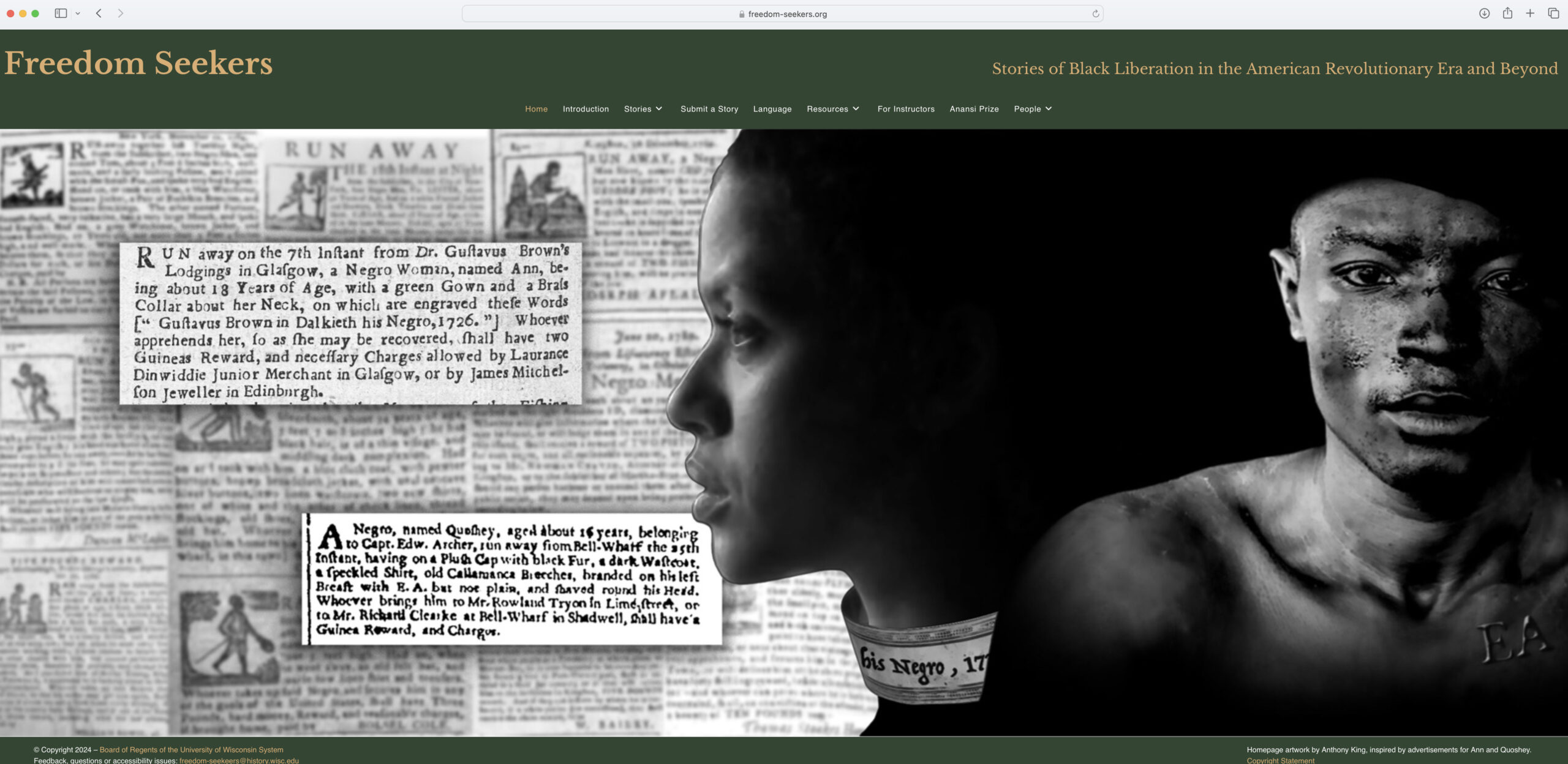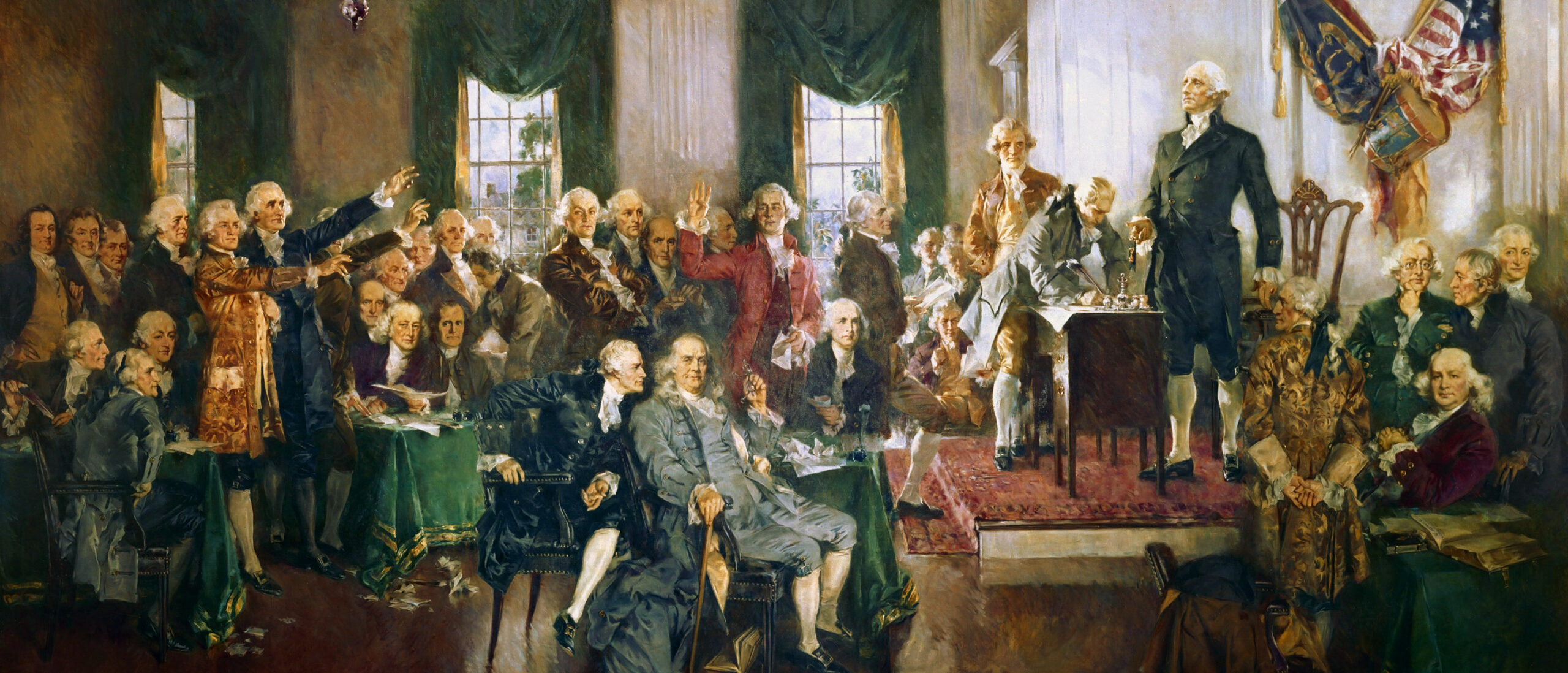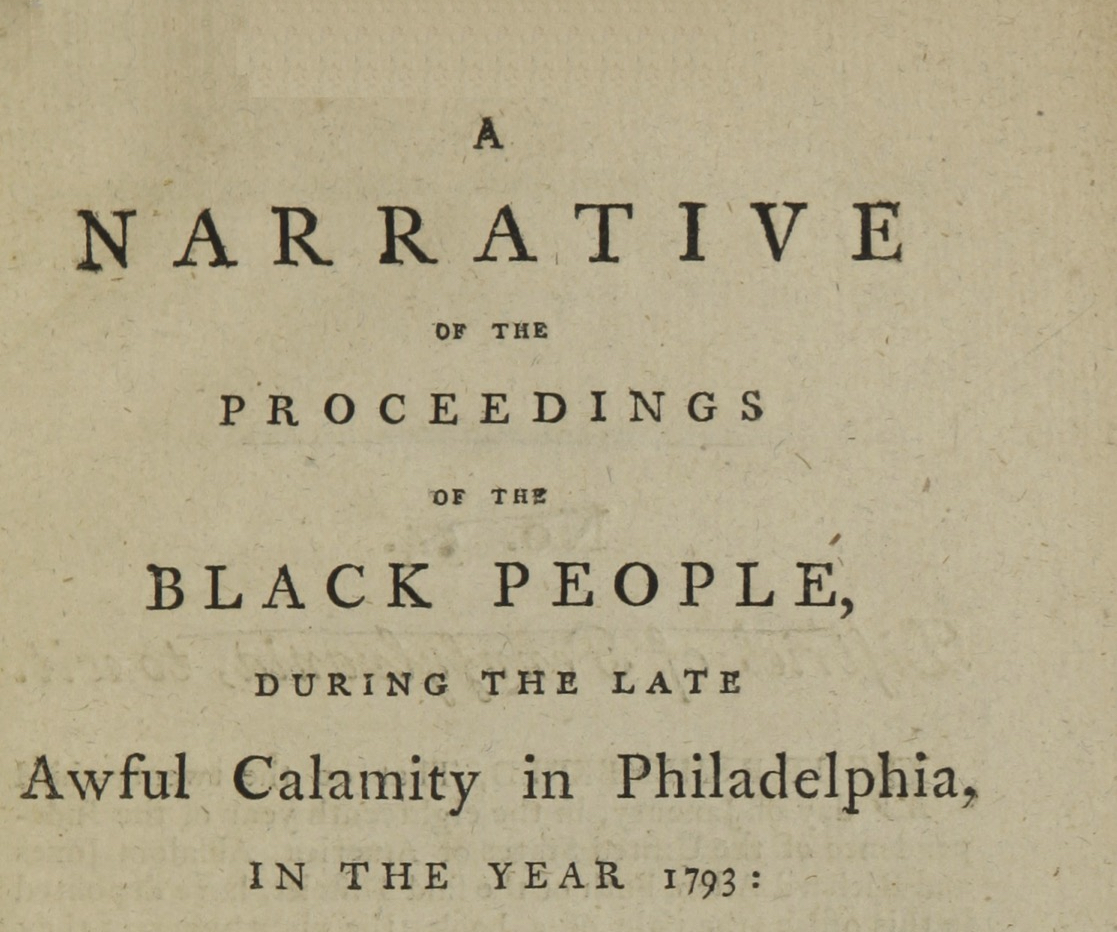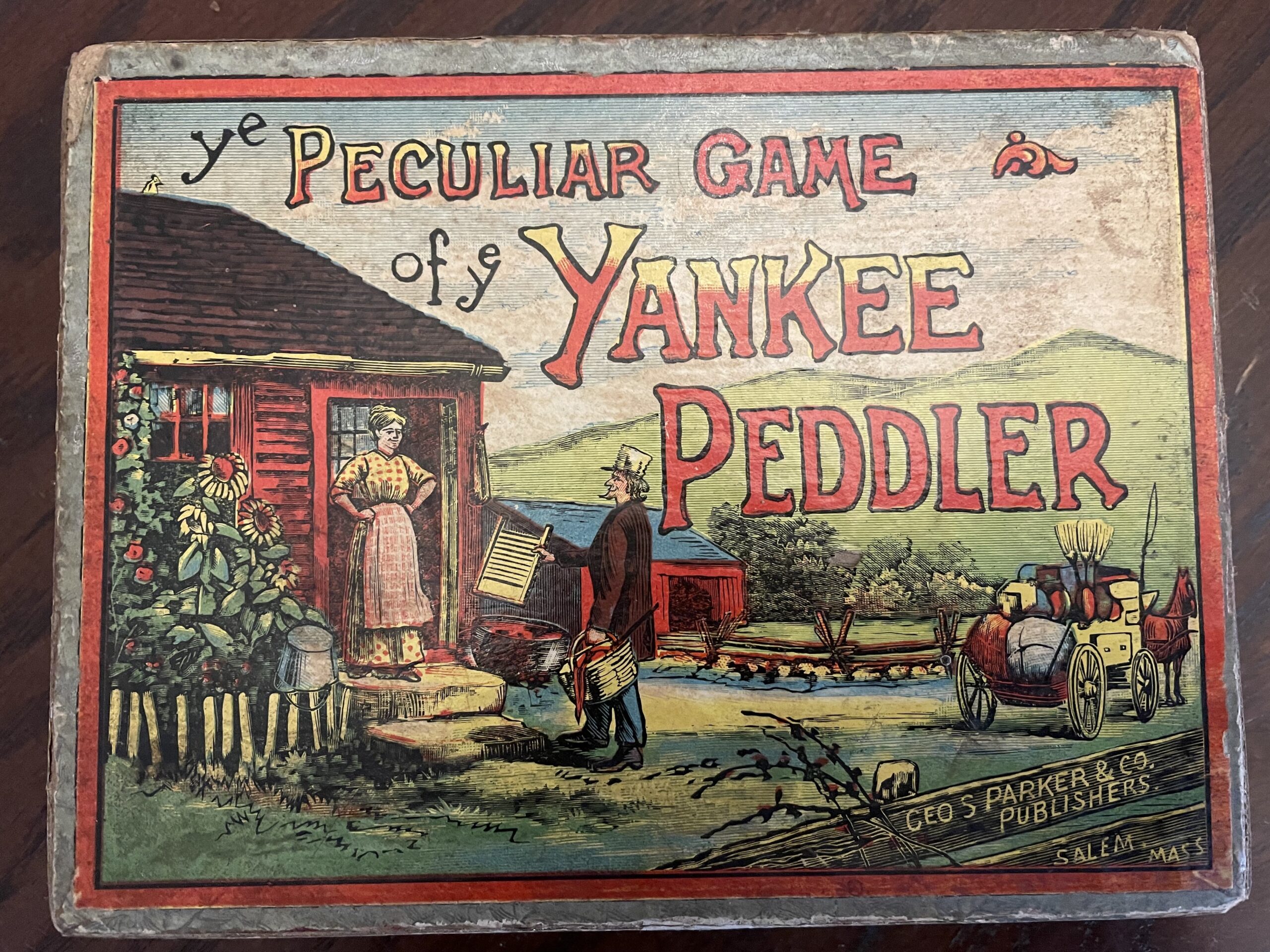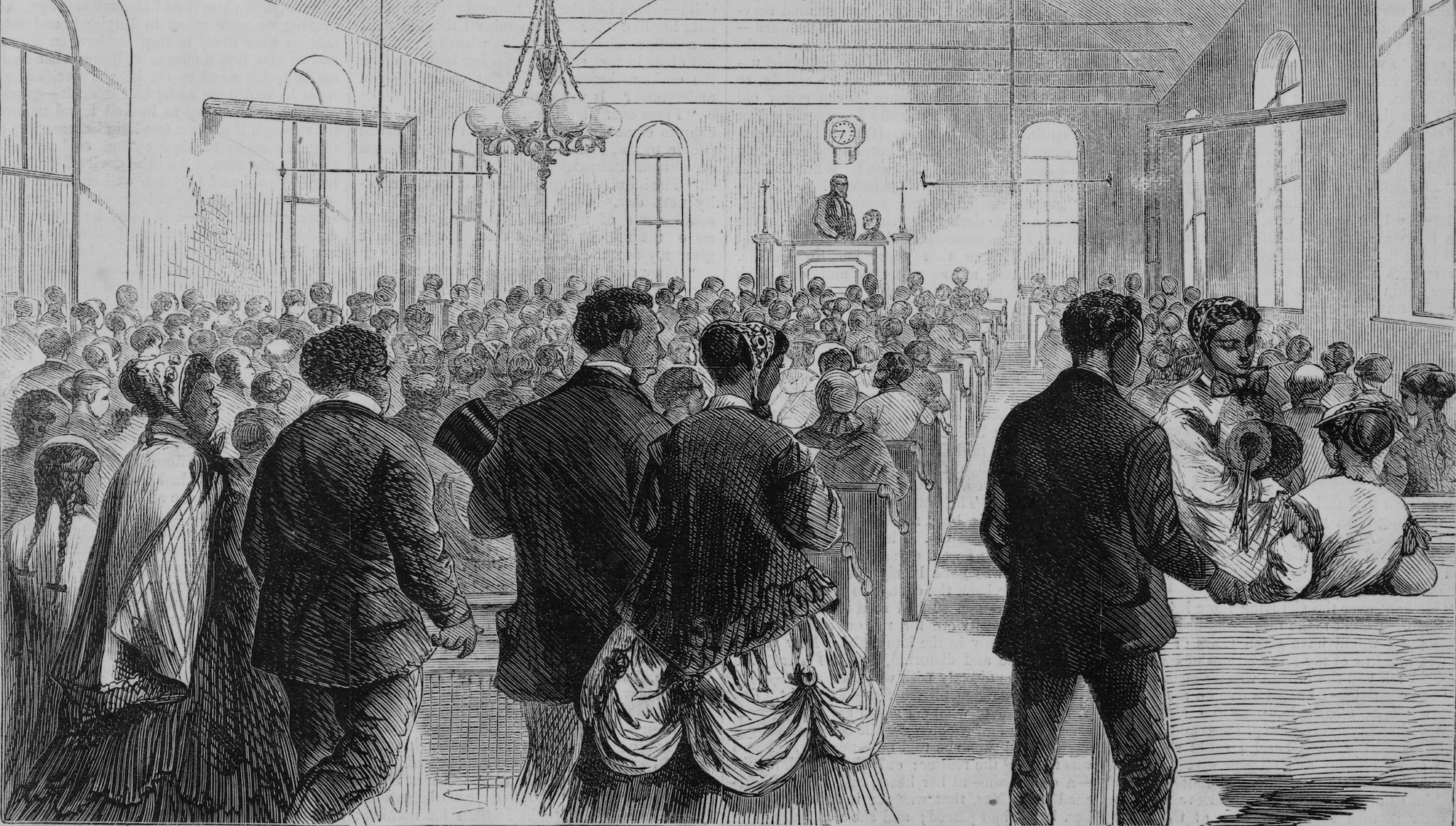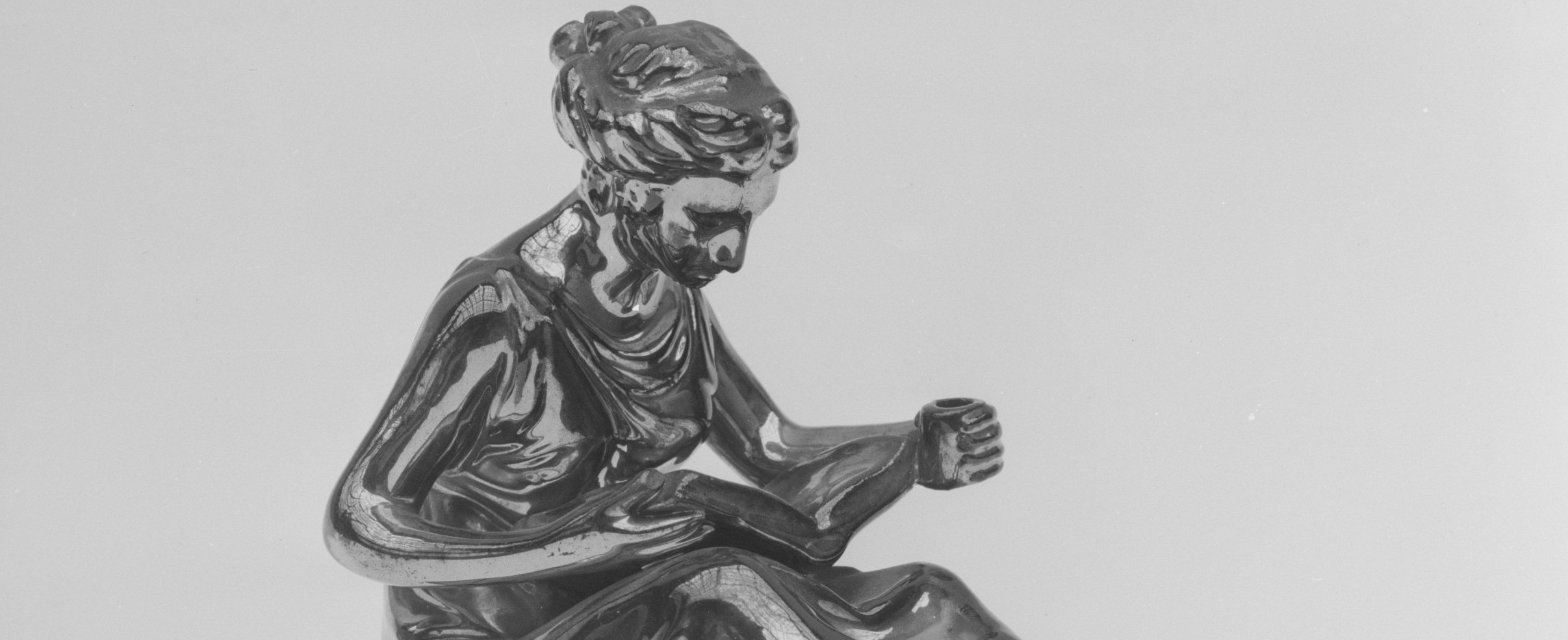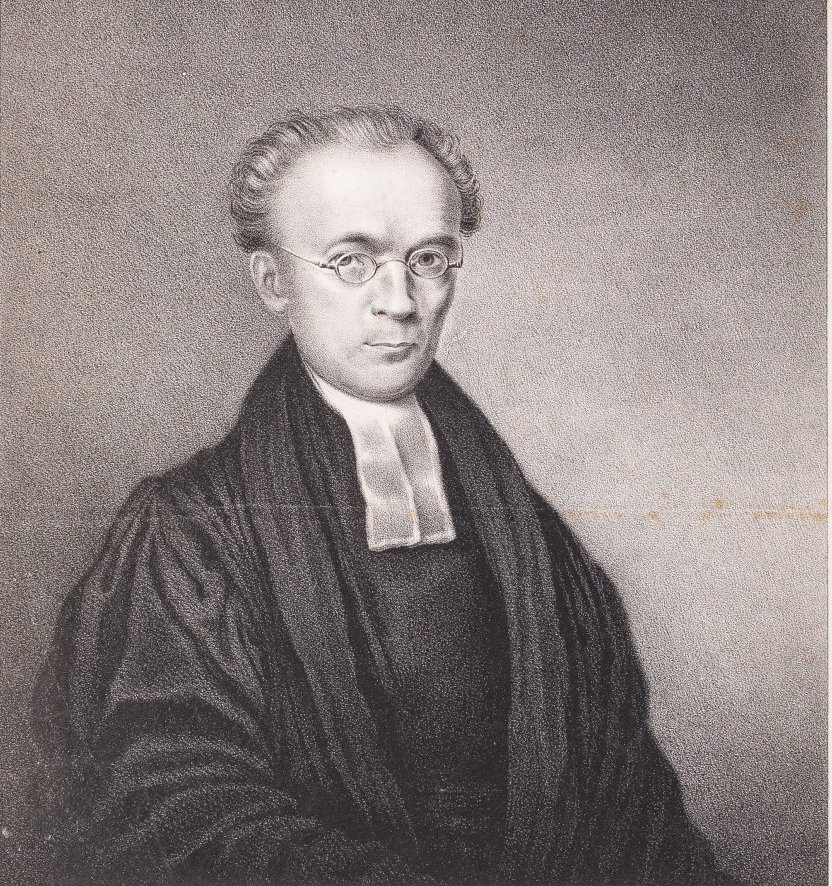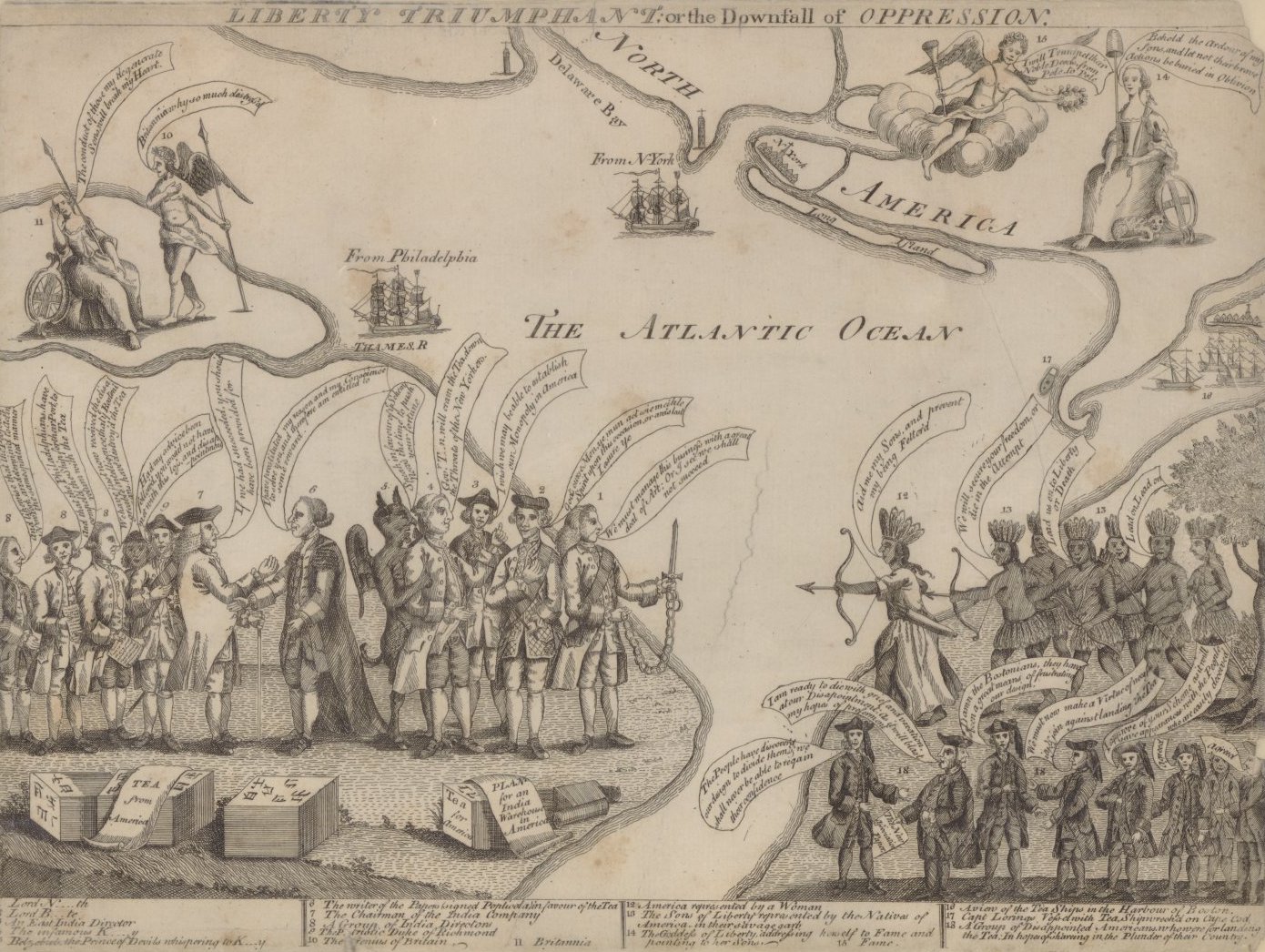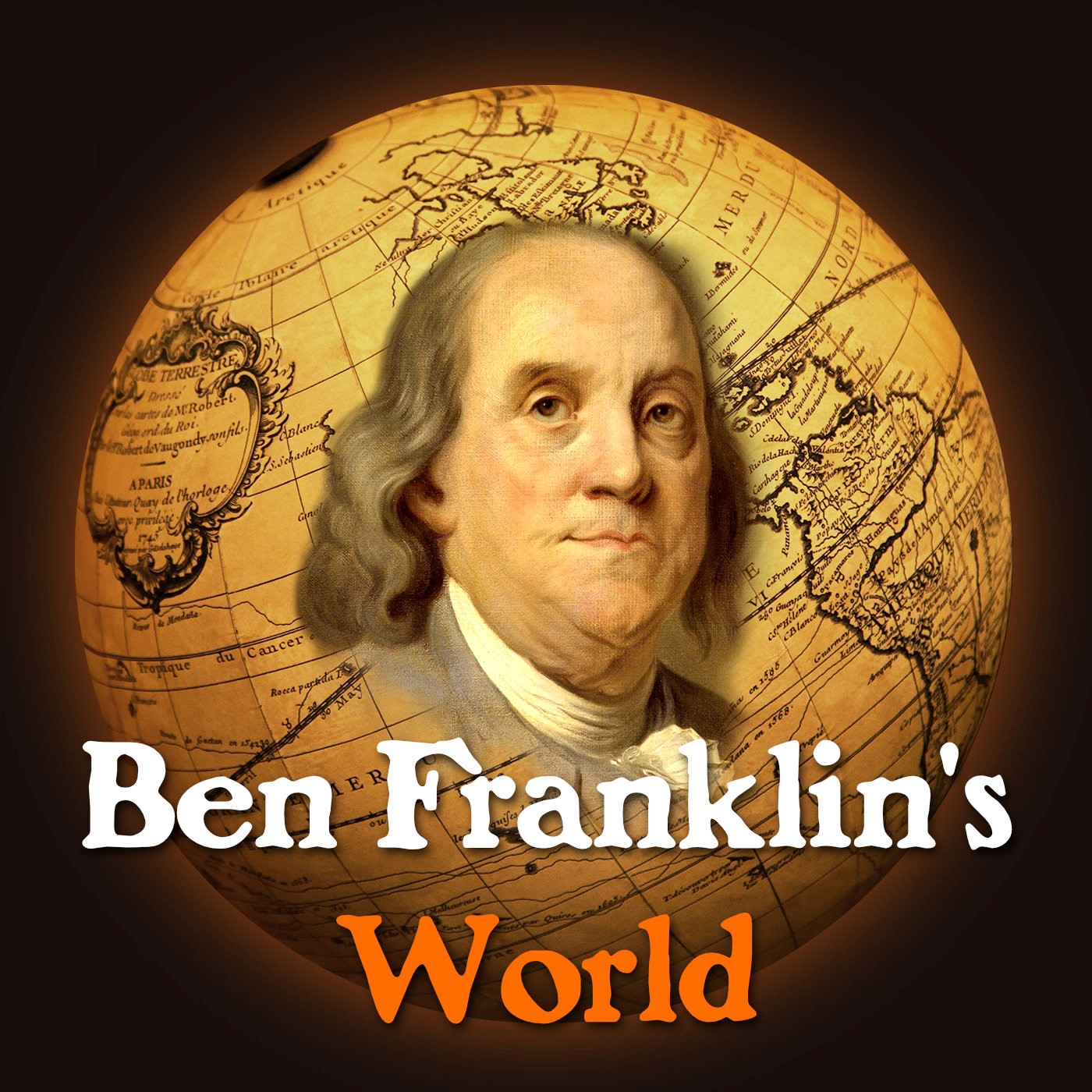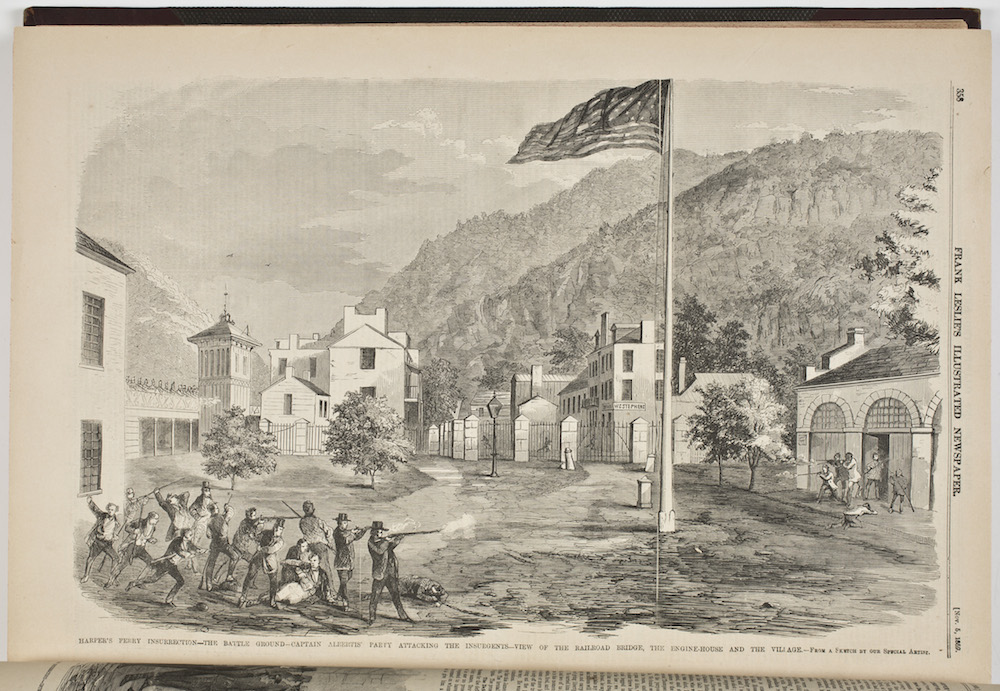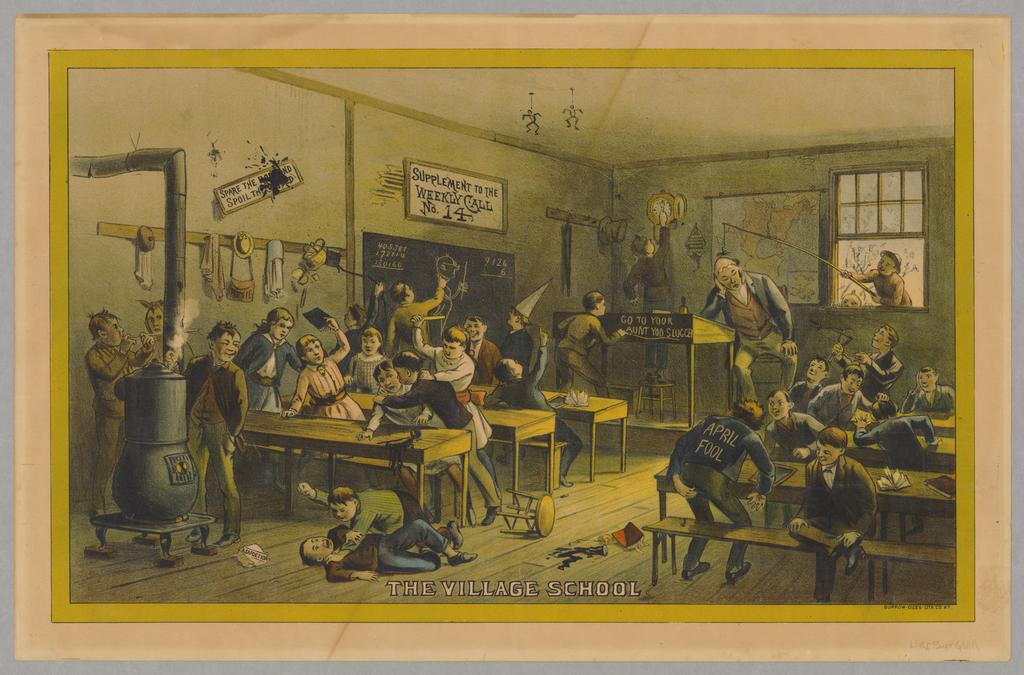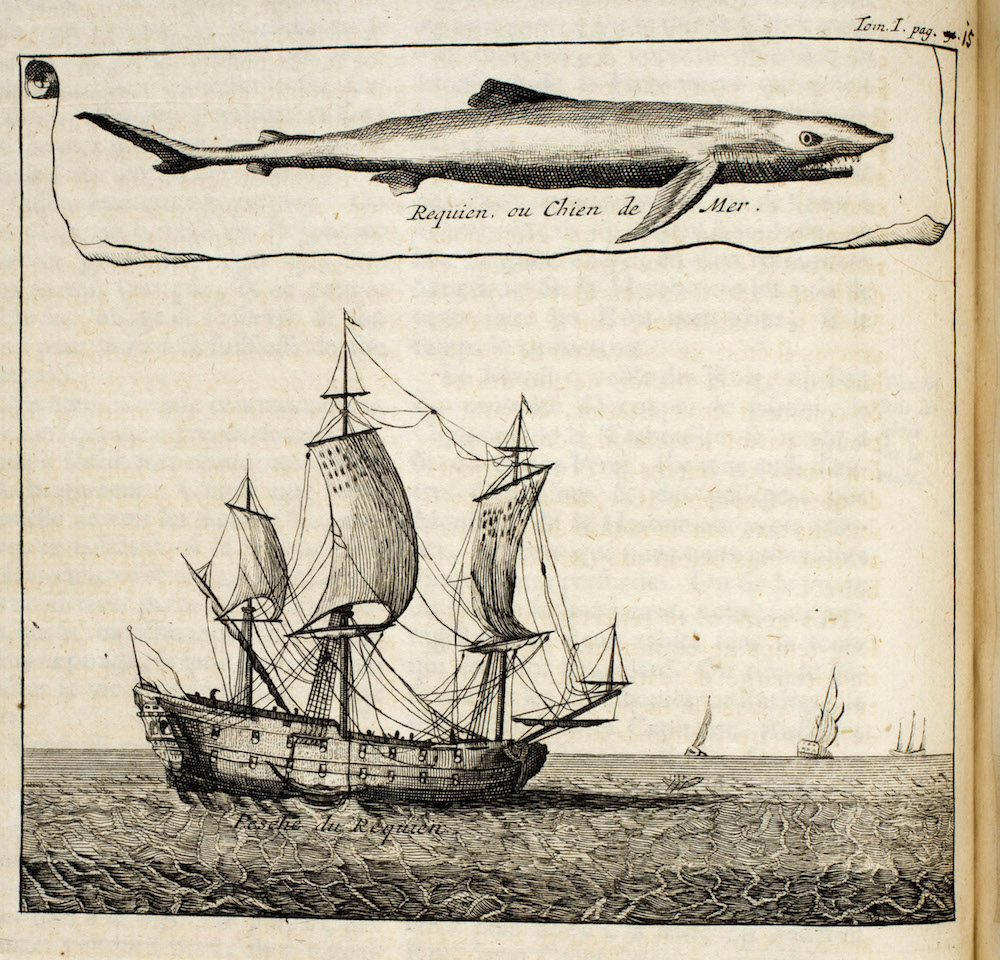
To assess how the Founders’ goal of creating a deliberative democracy has fared in recent years, we need to look in at least two directions: first at the massive postframing changes in both American institutions and our conceptions of rights (especially during the New Deal) and second at recent technological changes that allow information to spread instantly across large distances. In both respects, the nation that the Constitution helped create has changed quite dramatically in the last fifty years.
In some respects, the Framers’ constitution remains alive and well. Understood as an effort to create a deliberative democracy, the constitutional plan has succeeded in many ways. Perhaps above all, the system of checks and balances has ensured a measure of reflection and circumspection in government. Consider, for example, the cumbersome processes for the enactment of legislation, which provide an excellent check on the most ill considered measures. The failure to convict President Clinton, after an unconstitutional impeachment by the House of Representatives, is also a tribute to checks and balances. Or we might also look to the recent debate over measures to combat terrorism. The law eventually enacted by Congress (informally called the Patriot Act) was far more cautious and circumspect than early drafts. The system of checks and balances was the reason. Here too the Constitution’s deliberative mechanisms made things much better than they would otherwise have been. The process of deliberations between Congress and the president, leading to basically fair and even elaborate procedures in military tribunals, provides yet another illustration.
Yet in other significant ways, our Constitution is not really the Framers’ constitution. They would see huge differences between their handiwork and our institutions and our rights. I don’t mean to refer to the obvious fact that the document has been amended in major ways, beginning, of course, in 1789. The more interesting source of change has been on the interpretive side. The cornerstones of the Constitution include the system of checks and balances, federalism, and individual rights. And none of these is what it originally was. Abraham Lincoln was of course an important “framer,” in the sense that his views about the union, and about slavery, helped to produce large-scale constitutional change. But much has happened in the last hundred years. We might even see Franklin Delano Roosevelt and Martin Luther King Jr., as Framers, insofar as they contributed to significant alterations in our understanding of the founding document.
With respect to federalism, the twentieth century has witnessed a massive increase in the power of the national government, produced above all but not only by the New Deal. I would not describe this shift as unconstitutional, because the text allows for a lot of flexibility. But there is no denying the change. The same is true for checks and balances. In part because of the growing role of the United States in the world, but in part because of the need for strong domestic leadership, the president is far more powerful than he was originally supposed to be. The Framers would have a hard time recognizing the modern presidency, brought about above all by President Franklin Delano Roosevelt. And we have also seen the rise of administrative agencies, independent and executive, far beyond Hamilton’s wildest dreams. Our rights have changed radically as well, with, for example, much more expansive protections of speech and criminal defendants than John Adams, for one, could ever have anticipated.
In all these respects, the Constitution’s meaning has been altered through the acts not merely of the courts, but of all three branches of government. In 1944, President Franklin Delano Roosevelt contended that the Constitution’s original “political rights proved inadequate,” and he argued that we “have accepted, so to speak, a second Bill of Rights under which a new basis of security and prosperity can be established for all.” The second Bill of Rights was said to include (among other things) the right to education, the right to a remunerative job, the right to be free from unfair competition at home or abroad, the right to a decent home, and the right to adequate medical care. The Constitution has not, of course, been amended to include these rights, but Roosevelt did capture a large-scale shift in American government, in which “rights” of this sort have increasingly been the basis of political deliberation. The larger point is that both our institutions and our rights owe a great deal to changes introduced in the relatively recent past, and less than we usually think to the Framers’ own design.
With respect to deliberation and democracy, there is a related point. Despite the expansion of the United States across a vast amount of space throughout the nineteenth and twentieth centuries, technological changes have, in a key sense, made the nation much “smaller” than it was at the founding. The Framers’ conception of the relationship between citizen and government had everything to do with the belief that people would know those in their own states, but have much less contact with (and understanding of) people in other states. The institution of the electoral college cannot be adequately understood unless we keep this point in mind. The Framers believed that citizens would have little knowledge of candidates from other states and would be far more likely to know electors–an odd idea today, to say the least.
Because of the rise of the mass media, including radio and television, and now because of the Internet, processes of political deliberation are radically different from what was anticipated. This has many different consequences. It’s very easy to be in contact, even in regular contact, with people in different states and even different nations. Regional rivalries have hardly disappeared, but people do not consider those far away to be strangers in any sense; and often the grounds of political competition are not regional at all. The Framers’ intense preoccupation with contests among the states is hard for us to understand. New technologies offer new and wonderful opportunities for political deliberation, in ways that the Framers could not possibly have foreseen.
At the same time, new technologies create some new risks, especially if like-minded people engage in deliberation mostly with one another. On the Internet, for example, it is easy to spend most of your time reading material by people who agree with you, and to talk only with those who share your interests and commitments. One of the most striking findings in social psychology is that when like-minded people speak mostly with one another, they tend to go to extremes–to a more extreme point in line with their original tendencies. This means that if people of one ideological stripe congregate together, they might well end up taking an extreme position. This is no truer, of course, now than in the founding era, and the Framers were aware of risks of this sort. But in some ways, new technologies have aggravated the problem, because they make it so easy for people to live in echo chambers of their own devising.
In terms of founding ideals, the resulting picture is mixed. Information is crucial to deliberation, and people are able to have a lot more information from many more places a lot more quickly. But there is fresh reason to pay attention to the Framers’ fear that factions, organized by passion or interest, can overwhelm deliberative processes and obtain ill considered legislation. With new technologies, people are increasingly able to sort themselves into groups of the like-minded, and this can undermine the Constitution’s institutions. Here again a recent example is the unconstitutional impeachment of President Clinton. Another is the use of the Internet to spread hatred, not least the kind of hatred that leads to violence and even terrorism.
In brief, many of the goals of the Constitution have indeed been realized, if we describe those goals as including the achievement of a deliberative democracy. But because of technological change, there are new challenges to both deliberation and democracy, challenges that could not possibly have been anticipated during the founding. And the Constitution’s success owes a great deal to people who did their work long after the Framers did theirs. Abraham Lincoln, Franklin Roosevelt, and Martin Luther King Jr., among others, are best seen as constitutional Framers. Undoubtedly many more will follow them.
This article originally appeared in issue 2.4 (July, 2002).
Common-place asks Cass R. Sunstein, professor of law at the University of Chicago, occasional adviser to the executive and legislative branches of the United States government, and author of Designing Democracy: What Constitutions Do (New York, 2001) and Republic.com (Princeton, N.J., 2001), what the last two centuries have done to the Founders’ goals of creating a deliberative democracy.




